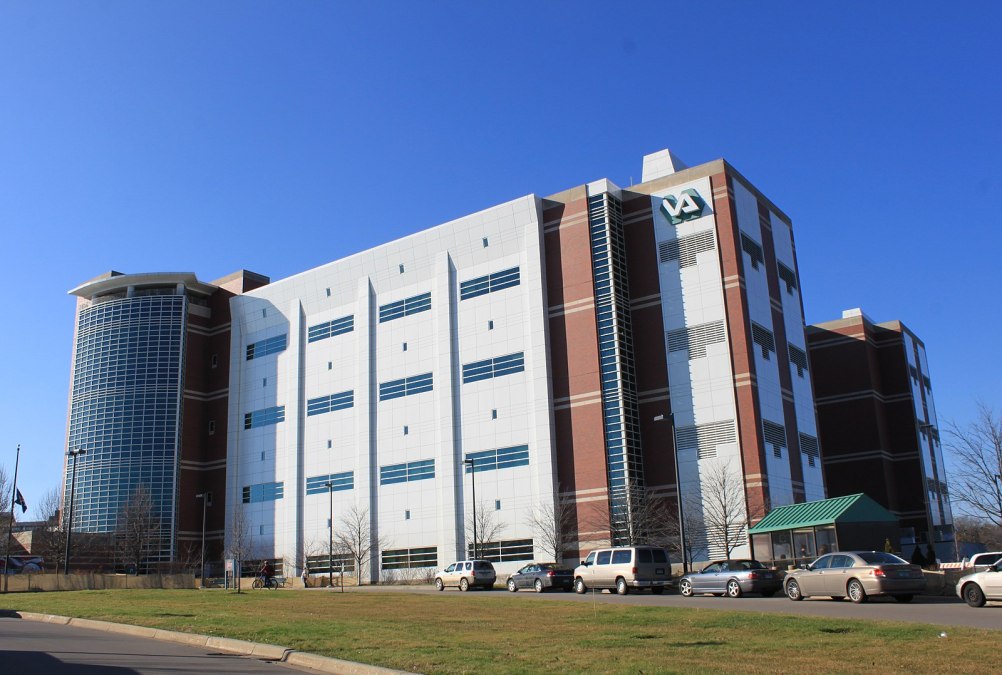Department of Veterans Affairs soft-testing AI tool to speed skin cancer diagnosis

The Department of Veterans Affairs is soft-testing an open-source artificial intelligence tool that agency technology leaders are hoping could improve the diagnostic process for veterans with skin cancer.
The new tool is intended to help staff identify whether a patient’s skin lesion may be cancerous without patients needing to return for a second appointment. Veterans in rural areas across the U.S. often have to drive up to 90 miles for each medical appointment.
According to the VA, the skin lesion diagnostic procedure is often delayed by poor-quality images at the point of capture by primary care providers. These images require veterans to return for additional appointments, which introduces a delay between first consultation and diagnosis. Such delays have been exacerbated by the COVID-19 pandemic and the subsequent decline in in-person visits.
“[I]f they come back for another image, that’s fantastic. If they don’t come back, that is someone slipping through the cracks,” said Dr. Trilokraj Tejasvi, associate professor at the University of Michigan Health and chief of dermatology at the VA Ann Arbor Healthcare System.
The AI tool, which is being developed with GDIT, is an image classifier that uses deep learning artificial intelligence models to sort images of skin lesions into seven common categories and recommend immediate follow-up care for those known to be malignant.
The technology uses a front-end filter, built using the Laplacian Variance package in the OpenCV computer vision toolkit to measure blur, and the Gamma measurement from the scikit-image Python package.
The filter is designed to notify primary care staff when skin lesion images are not of sufficient quality to be diagnostically useful and must be retaken.
This is intended to remedy delays caused by poor quality images not detected at the point of capture, which can impede treatment by forcing veterans to return to medical centers to have more images taken, often introducing a delay in diagnosis.
Soft-testing phase
The new platform is currently conducting initial trials of the technology in a soft testing phase led by Dr. Tejasvi and GDIT Vice President of AI and Data Insights Dave Vennergrund. The team will next seek approval to conduct clinical trials at the VA’s Ann Arbor hospital.
Speaking with FedScoop, Vennergrund said that the next step for the team was to increase the volume of data processed by the AI platform to ensure it captures as many unrepresented disease types as possible, including those from patients with less common skin tones.
He added that the team has ambitious targets for using the platform to cut steps out of the diagnostic process: “Imagine you could have a telehealth application that a patient could use and hold, and they could take a picture with their phone. This would then go through a workflow and if it was concerning it would set up an instant appointment through some scheduling mechanism to have the patient seen.”
Early recognition of potentially malignant lesions is important because complete excision will cure almost all cases of skin cancer if performed in the early stages.
A review of nine prior studies, published in 2018 by the American Academy of Dermatology, found that both active duty service members and veterans have an increased risk of developing skin cancer, including melanoma, which is the deadliest form of skin cancer. Military personnel are often exposed to high levels of ultraviolet radiation, which can increase the risk of developing both melanoma and non-melanoma skin cancer.
In developing the platform, VA and GDIT applied transfer learning techniques to a number of open-source, pre-trained deep learning models.
The tool was awarded third place in the VA’s National AI Tech Sprint 2020-2021 competition, which was organized by the VA to help private sector companies work to find solutions for AI-based solutions to medical problems facing veterans.





